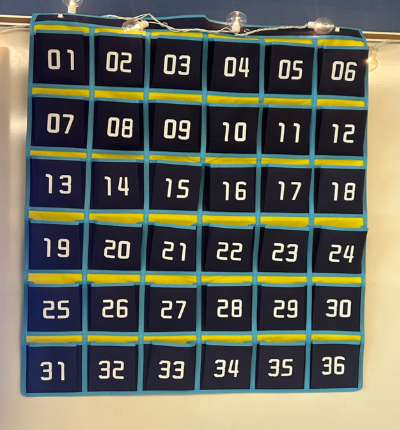
On March 18th, 2024, the Harford County Public School’s Board of Education amended the policy for PCD’s (Portable communication devices). It was approved and signed by Superintendent of Schools, Sean W. Bulson, Ed.
This policy includes all smart watches, phones, and earbuds. It was put in place to keep students from getting distracted while learning. The board of education decided that they should uphold this policy. According to the board, “It has been proven that students who are on PCD’s, PLD’s, or WCD’s when it is not part of the instructional lesson are not fully engaged in learning” (Page 1 of the HCPS PCD Policy).
In addition to electronic devices damaging student’s ability to learn, they can affect your ability to refocus on the subject. In a recent report from UNESCO (United Nations Educational, Scientific and Cultural Organization), it stated that “after only 10 seconds of being on your phone, your brain will need 20 minutes to refocus on the lesson.”
It has been proven that overuse of phones can permanently affect your health, and cause disturbances in your day. According to an article by Hillary Harter, RN called Cell Phone Usage- How Much is Too Much?”, “Excessive use of cell phones has been attributed to an increase in both physical and mental health issues including eye strain, neck pain, back pain, depression, loneliness, mood disorders, and sleep disturbances.” These things can cause students to have trouble focusing on school, because their energy levels will not allow them to work efficiently, causing assignments to not be completed and grades to fall.
To avoid this, teachers are requiring that students put their devices in “Do Not Disturb,” power them down, and place them in a designated area until class has ended. The only time they are allowed in class is when they are permitted by their teachers for learning purposes.
So far, this policy has been beneficial for teachers in classrooms. At Bel Air High School, food preparation teacher Ms. Haley Ford expresses how she appreciates this new policy. “I like it, there is more participation and communication, it’s nice.”
Not only are these devices prohibited during class, but they are also not allowed in homeroom, libraries, bathrooms, or assemblies. The only places on campus that electronic devices are allowed are during lunch and on the bus.
However, not all students countrywide agree with cell phone restrictions. An article about a student-led petition by Miguel Legoas on Augusta, Georgia’s schools’ phone policy gives a student’s perspective. “I strongly believe that phones should not be indiscriminately confiscated from every student, as a blanket response to the inability of curriculum and teachers to manage their usage effectively”, says Legoas.
In my opinion, even if teachers struggle to do this, if there are no assignments that require a student’s attention, the devices should be allowed. “Even if students are not doing their work because they are on their phones, that should not affect the teachers, because only the student will suffer,” says 11th grader Cambree Gontasz.
Most high school students can achieve good grades without the suspension of their devices, because they understand that their education is vital for college and their careers. Due to this, students should be allowed to use their devices during the school day and the policy should only be used as an intervention for those who cannot.
